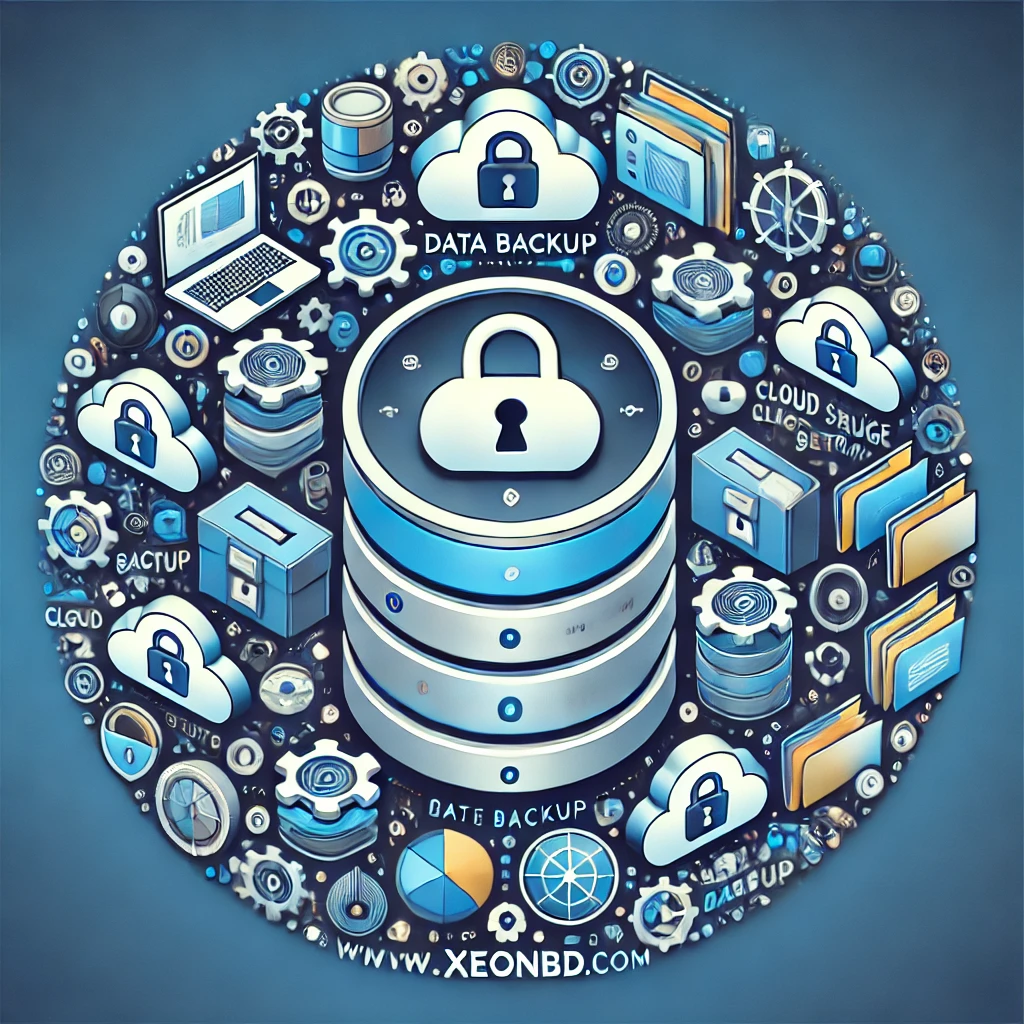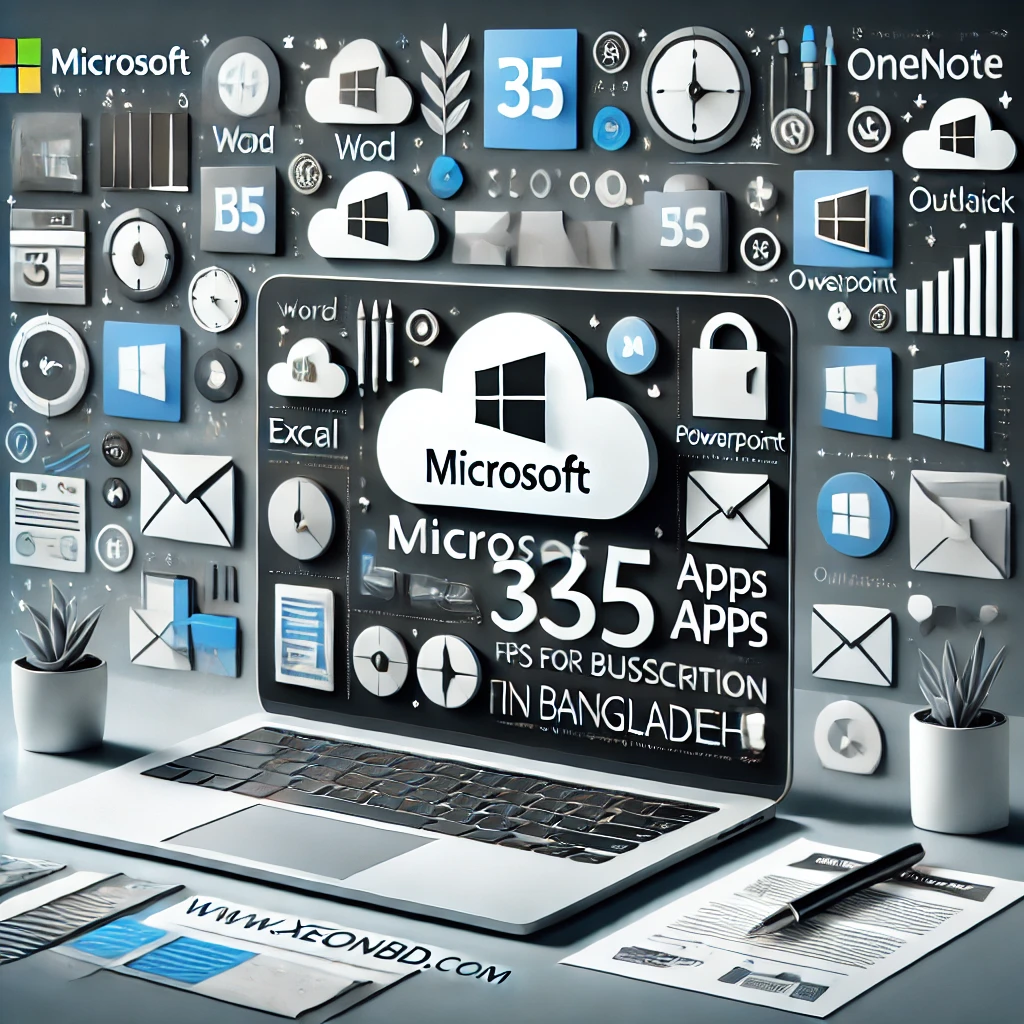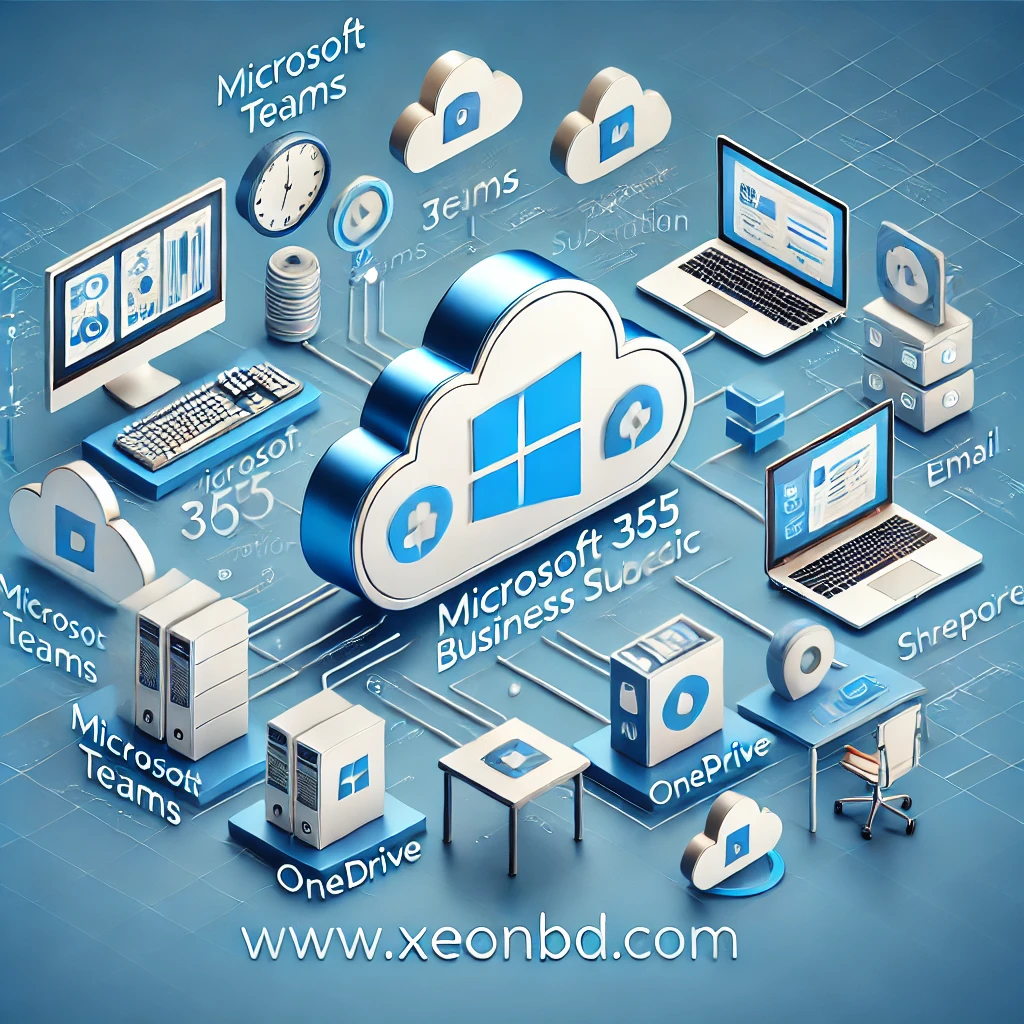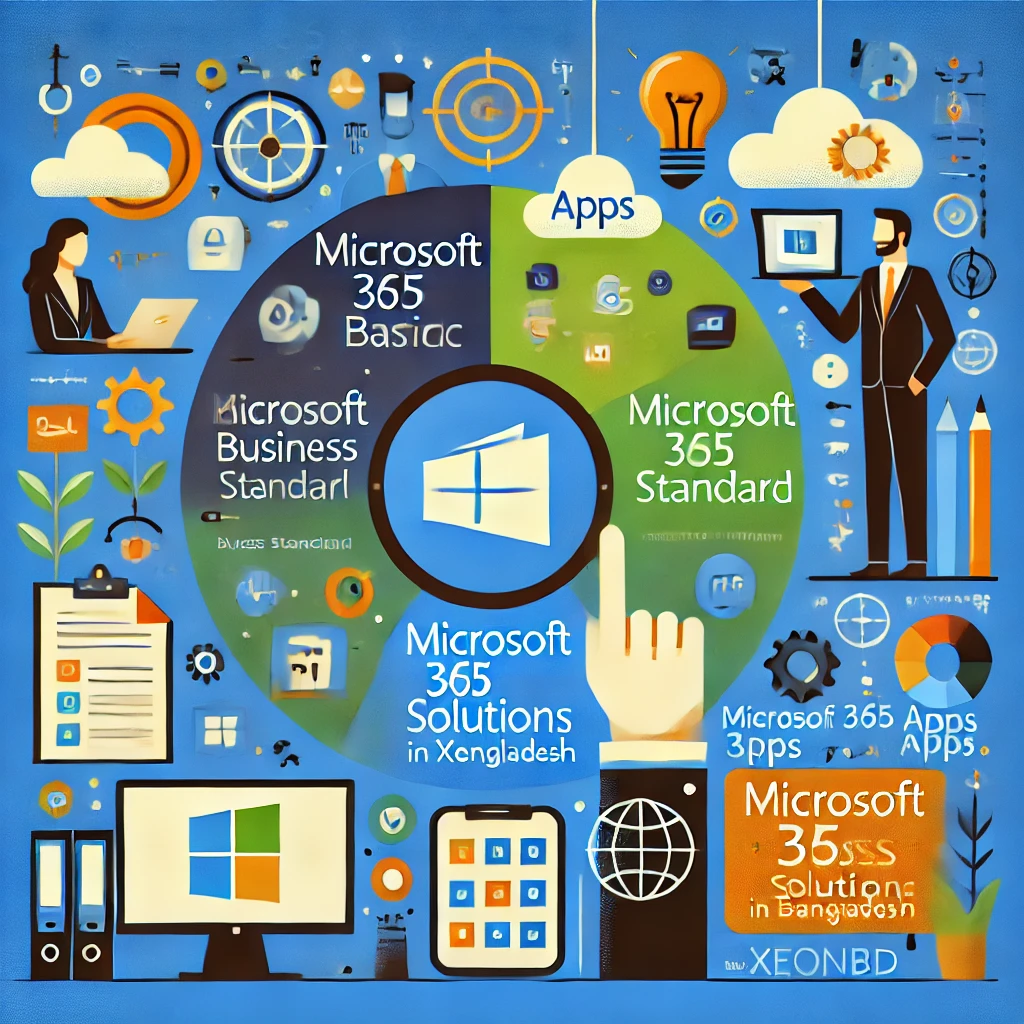Difference between Endpoint Protection Cloud with Antivirus and internet security
8% to 6% of small businesses do not have effective means to mitigate cyber risks. For most, the only precaution in place is antivirus software, despite the fact that 43 percent of cyber-attacks target small businesses. A global user analysis done by Symantec, find out that 35% of users have at least one unprotected device—and that figure is expected to increase as more devices are going to connect to the other network that is rapid growth or low secured internet things.
There are many factors depends on peoples using the behavior of this type of security protocol, such as the size of your network, the presence of remote workers, business policies such as BYOD (which means brings your own devices), centralized security control factor, and your required and recommended security feature.
Endpoint security vs. antivirus software Endpoint protection software
The main reasons why people use this Endpoint protection are to detect malicious network activity and protect computer networks including servers, desktops, and mobile devices from intrusions and malware attacks.
Those devices are individually connected to the different networks (i.e., endpoint) and may have some vulnerability, acting as a potential entry point for security threats. The internet of things is expected to add more endpoints and continuously expand your network perimeters with new devices logging in to your network from external locations.
Endpoint Protection security solutions help you effectively protect your network and its endpoints, as they are centrally managed, authenticate logins made from all new endpoints, and support remote software deployment and updates.
Endpoint Protection security is primarily focused on business or commercial use rather than on individuals or home computers. Actually, it’s become focused and especially relevant for businesses of all sizes because of practices such as bring your own device (BYOD) policies, connect-from-home policies, use of personal devices on the company network, and the IoT.
Nowadays, there are lots of fields actually on those fields suites like- cybersecurity applications made up of antivirus, firewalls, intrusion detection, and anti-malware tools.
Some of the key features of endpoint Protection security platforms include:
- Quick detection with the response: full control with endpoint protection connected devices, also detect all types of threats as well as discover, report, and prioritize vulnerabilities.
- Ensure data protection and anti-malware: It’s truly an absolute focus on protection over connected devices. This type of software includes anti-malware and anti-exploit based prevention. Other sophisticated and auto responded functionalities may include firewall, data loss prevention (DLP), port and device control, and mobility management.
- Vulnerabilities alert and quick report: Priority-based quick alert system and warnings about vulnerabilities as well offer dashboards and reports that enhance the visibility of endpoint protection security.
- Find out any type of incident and effective response: Centralized and automated tools that provide automated incident response approaches and step-by-step workflows for incident investigation. Other protective features may include blacklisting and sandboxing to contain the spread of malware.
- Involvements of other parties: Integrate via open API systems with other security tools such as network monitoring, intrusion prevention, active directory, and SIEM (security information and event management).
Artificial intelligence and also include machine learning (AI and ML) are being built into endpoint security applications for advanced capabilities to monitor file behavior and detect new attack types. Almost all vendors, those are provided this security system is offers managed services to deploy and monitor software operations remotely would be the best option for small businesses, whose main purpose is to find and prevent the maximum type of security threats at minimum cost. Nowadays some vendors may offer managed detection and response capabilities.
Antivirus software
The main purposes of any antivirus software are to detect and remove malware; malware is the broad term used to describe all kinds of malicious or unwanted code.
Common types of malware include:
- Different viruses: Mainly affected by a number of or a single miscellaneous code capable of copying or multiplying itself, thereby deleting data, stealing data, and corrupting or crashing the system.
- Threats of Trojans: Different types of malware can be attached as legitimate software, but it performs illicit activities such as stealing passwords, deleting data, etc. when a user runs it.
- Affect with keyloggers: A self-maintained spyware that records every keystroke made by a computer user in order to fraudulently access confidential data such as passwords, bank account details, etc.
- Ransomware threats: The main issue that is done by this threat is locking down your access or displaying threatening messages to force you to pay a ransom to the attacker to regain access.
- Worms affect: It can be affected its host networks by self-replicating to overload web servers and consume large amounts of bandwidth.
If antivirus software is installed on individual devices such as desktops, laptops, and smartphones, as well as on servers. Then keep working in the background and periodically scan device directories and files for malicious patterns indicating the presence of malware.
The main purpose of this software is to tap its database of virus definitions and signatures to see if there are executable malicious codes within it. The factor is this attempt to block those affected files if it comes up with a match.
Every day much new malware is created and deployed, on that case, antivirus software vendors constantly update their existing databases; it is these updates and more that pop up as notifications on your screen.
If you are unable to keep your installed antivirus software up-to-date, it will continue to rely on old virus definitions and will fail to detect new viruses, making you more prone to attacks.
Antivirus software is available as a stand-alone solution or as one component of an endpoint protection platform. There is a wide range of antivirus software available on the market. Software vendors offer different products for enterprises, small businesses, and individual use. The level of protection offered by antivirus solutions also differs depending on the plan you opt for.
The key features of antivirus software include:
- Real-time and manual scanning: Automatically scans the system at scheduled times and takes action against any threat or virus detected. Manual scans allow you to start scans to resolve threats at any point in time.
- Web protection: Helps to keep your online browsing sessions and downloads from the internet safe by blocking bad results or warning you when you are about to visit a malicious web page.
- Threat identification: Identifies various types of malware including viruses, Trojans, ransomware, spyware, worms, keyloggers, adware, and rootkits.
- File quarantine: Removes or isolates infected files depending upon the severity of the damage.
- Alerts and notifications: Notifies you about periodic scans and updates as well as sends alerts about infected files and potentially malicious software.
- Automatic updates: Provides remote updates about virus scan rules to keep the software up-to-date and capture new viruses and threats.
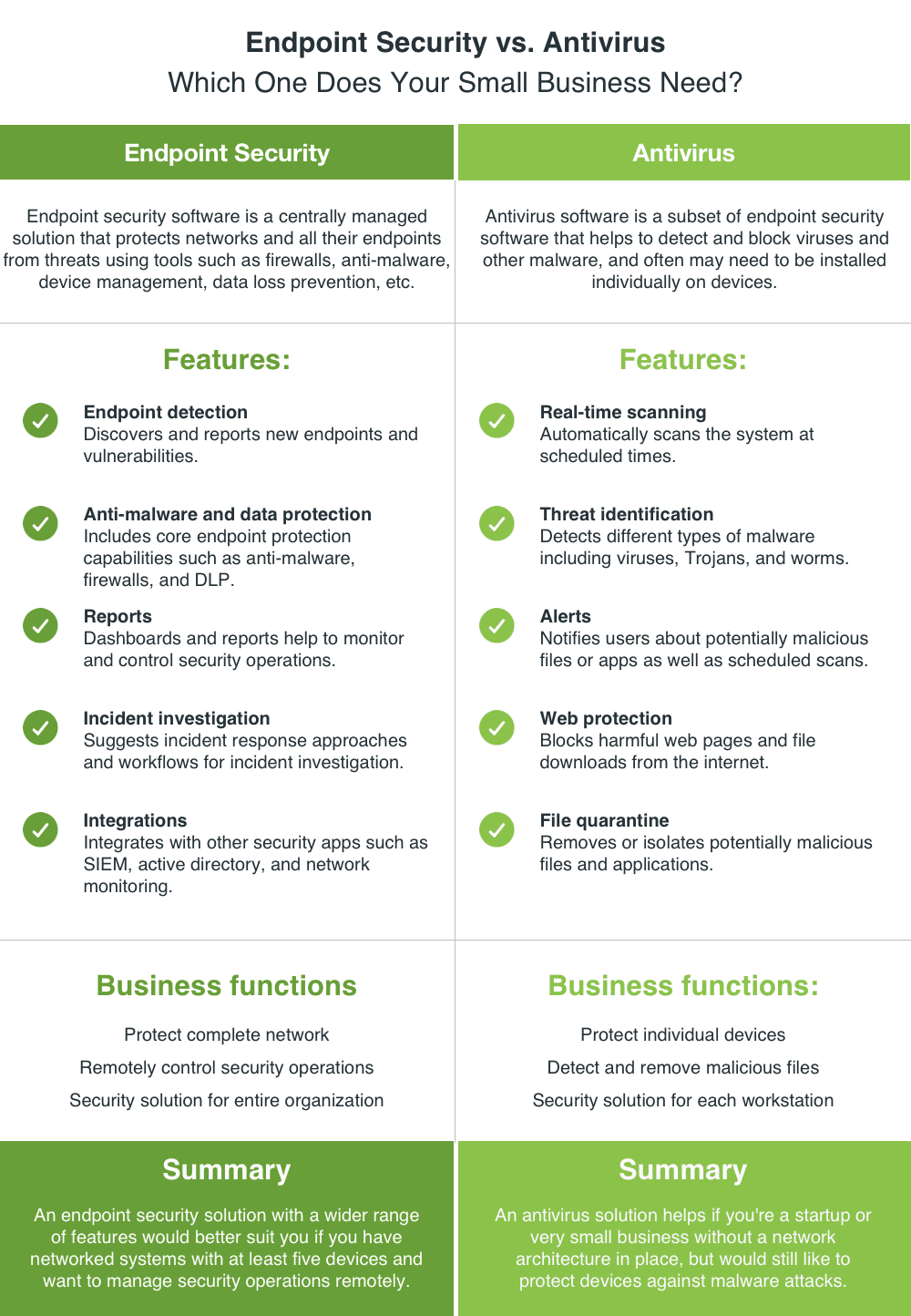
As Symantec’s Cloud Solution Partner, Symantec™ Endpoint Protection Cloud subscription now can be availed directly from XeonBD. Which will secure your laptops/ desktops/ Mac/ Windows Server/ Android/iOS devices and is much more efficient and advanced than the traditional antivirus or internet security solutions that are available in the market.
Symantec™ Endpoint Protection Cloud (SEP Cloud) is an easy-to-use security-as-a-service that protects and manages PC, Mac, mobile devices, and servers from a single console, making it the ideal solution for organizations with limited IT security resources. Symantec™ Endpoint Protection Cloud (SEP Cloud) effectively stops today’s ransomware, zero-day threats, and other sophisticated attacks using advanced multi-layered technologies including advanced machine learning and behavior analysis. Utilizing SEP Cloud’s (Symantec™ Endpoint Protection Cloud), default security settings, and self-service device enrollment capabilities, this solution quickly protects your endpoints. To learn more about SEP Cloud visit http://www.xeonbd.com/

30 Days free trial is also available for SEP Cloud.
Just sign up for an account at https://manage.xeonbd.com and contact our sales to let us know which subscription trial you want to have.
Symantec™ Endpoint Protection Cloud comes in 3 subscription models.
| PER DEVICE SUBSCRIPTION | PER USER (UP TO 5 DEVICES) | WINDOWS SERVER |
| 2,900 BDT/year | 4,000 BDT /Year | 3,600 BDT /Year |

